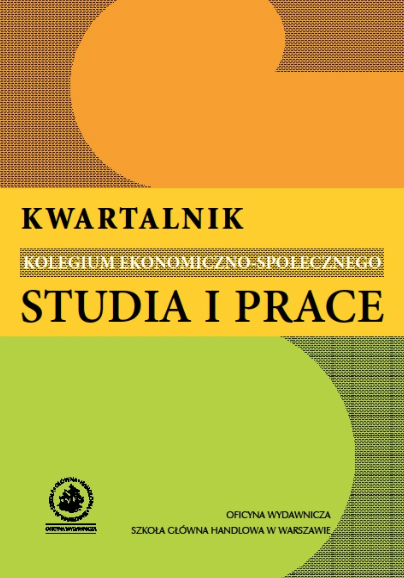From economic nationalism to the open market. Polish trade policy in the 20th and 21st century
From economic nationalism to the open market. Polish trade policy in the 20th and 21st century
Author(s): Jerzy ŁazorSubject(s): National Economy, Economic history, Economic policy
Published by: Szkoła Główna Handlowa w Warszawie
Keywords: foreign trade; economic policy; market economy
Summary/Abstract: For much of the 20th century Polish governments heavily regulated foreign trade, but the degree of this influence differed. When Poland became independent in 1918, the state took almost complete control over the sector. A tentative liberalization was stopped by the customs war with Germany in 1925, and later by the Great Depression. The final years before the Second World War saw an increase in the state's influence through the exchange control. Regulations became stricter under different conditions in the post-war period, with the state monopolizing foreign trade entirely. After the end of Stalinism in 1956, Poland slowly opened up its economy, but until the 1980s changes were limited in scope. A true breakthrough came with the transition, which started in 1989. Not only did the country open up, but in the coming years, the government ceded some of its powers relating to foreign trade to the European Union. During the interwar period, as well as after 1989, Poland followed worldwide trends. The communist period was an aberration in the sense of producing an ineffective system. Both before the war and under the communist regime, foreign trade was expected to bring mostly static gains. This changed significantly only after 1989.
Journal: Kwartalnik Kolegium Ekonomiczno-Społecznego „Studia i Prace”
- Issue Year: 35/2018
- Issue No: 3
- Page Range: 81-100
- Page Count: 20
- Language: English

